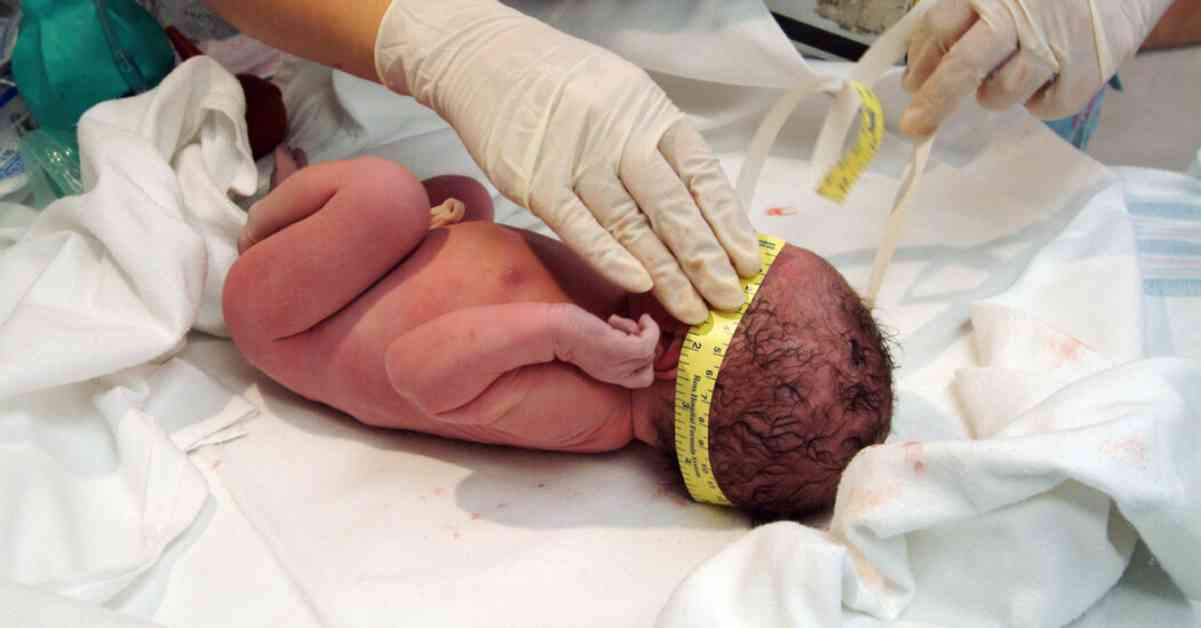A new law in Florida has sparked concerns among medical experts regarding the safety of allowing cesarean sections to be performed in outpatient birthing centers. The law permits surgeons to conduct cesarean deliveries in these advanced birth centers, despite the potential risks of complications.
Critics of the new law have pointed out that these advanced birth centers may not have the resources to quickly respond to life-threatening complications that could arise during a cesarean section. Unlike hospitals, these centers may not have the necessary staff, equipment, and expertise readily available to handle emergencies.
Dr. Cole Greves, the Florida district chairman for the American College of Obstetricians and Gynecologists, emphasized that a pregnant patient who is considered low risk at one moment could suddenly require urgent, life-saving care in the next. He expressed concerns that even with increased regulations, advanced birth centers cannot guarantee the same level of safety that patients would receive in a hospital setting.
The introduction of this law in Florida is particularly concerning given the state’s existing challenges in maternal care. Florida has been rated poorly in a recent March of Dimes report, receiving a D+ grade due to abysmal maternal outcomes for Black women. The state also has high rates of C-sections, as well as preterm births and infant deaths that are worse than the national average.
As the United States continues to struggle with a high maternal mortality rate compared to other high-income countries, the decision to allow cesarean sections in outpatient birthing centers raises important questions about patient safety and access to emergency care. Medical experts are urging caution and advocating for the prioritization of patient well-being in light of these new developments.





















